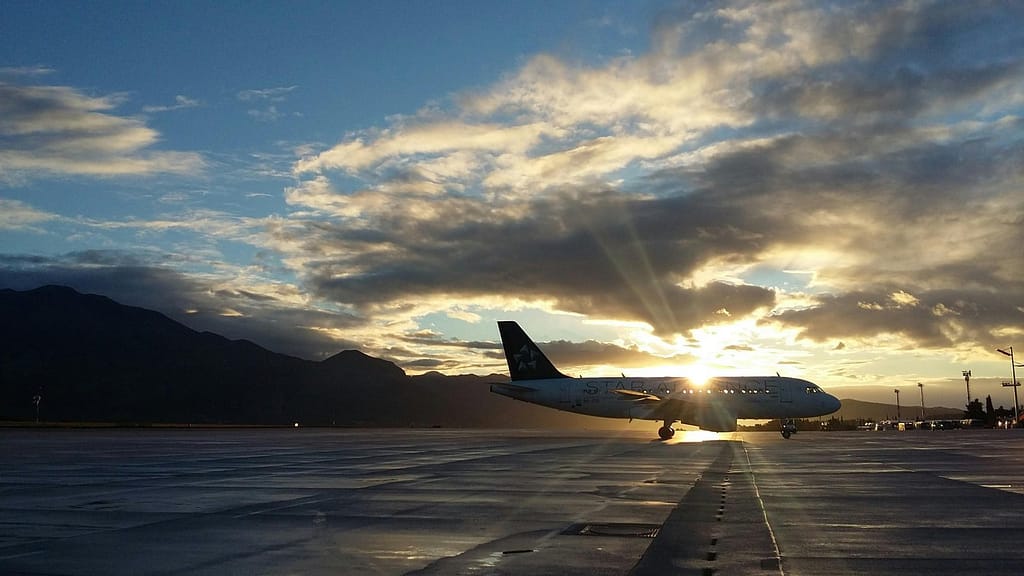
Jet lag, that unwelcome companion of long-distance travel, affects our bodies’ internal clocks, leaving us disoriented and fatigued. Ever noticed that jet lag seems to hit harder when you’re traveling eastward? Let’s unravel the science behind this phenomenon, with insights from sleep expert Matthew Walker.
The Science of Jet Lag:
Jet lag is essentially a misalignment between our internal biological clock, or circadian rhythm, and the time in the new destination. This misalignment can disrupt our sleep-wake cycle, energy levels, and overall well-being. The circadian rhythm regulates various physiological processes, including sleep, hormone release, and body temperature.
The Eastward Challenge:
When you travel east, you’re essentially moving against the natural flow of time, crossing multiple time zones and compressing your day. This poses a greater challenge for your body to adjust, as it has less time to synchronize with the new local time. Matthew Walker, a renowned sleep scientist, explains that the eastward direction presents a more significant hurdle for our circadian rhythm to overcome.

Insights from Matthew Walker:
Walker’s work underscores that our circadian rhythm is naturally inclined to operate on a slightly longer than 24-hour cycle. When we travel west, extending our day, our internal clock aligns more seamlessly with the new time zone. This results in a smoother adjustment, reducing the severity of jet lag symptoms.
Circadian Rhythms at Play:
Our circadian rhythms are influenced by exposure to natural light, meal timing, and other environmental cues. When you travel east, you’re essentially advancing your body clock to an earlier time, disrupting the natural progression of your circadian rhythms. This can lead to difficulties falling asleep at the local bedtime and waking up too early, contributing to the fatigue and disorientation associated with jet lag.
Tips for Mitigating Jet Lag:
- Pre-Adjustment: Gradually shift your sleep schedule a few days before your trip to align with the destination’s time zone.
- Sunlight Exposure: Get exposure to natural light, especially in the morning, to help reset your circadian rhythm.
- Hydration and Nutrition: Stay hydrated, and consider adjusting your meal times to match those of your destination.
- Melatonin Supplements: Consult with a healthcare professional about the appropriate use of melatonin supplements to aid in adjusting your sleep-wake cycle.
Conclusion:
While jet lag is an inevitable part of long-distance travel, understanding why it tends to be more challenging when traveling east can empower us to take proactive steps in mitigating its effects. With insights from experts like Matthew Walker, we can adapt our strategies to help our internal clocks synchronize more seamlessly with new time zones, allowing us to make the most of our travels with minimal disruption. Safe and restful travels to you!
HERE you can find Why We Sleep by Matthew Walker






